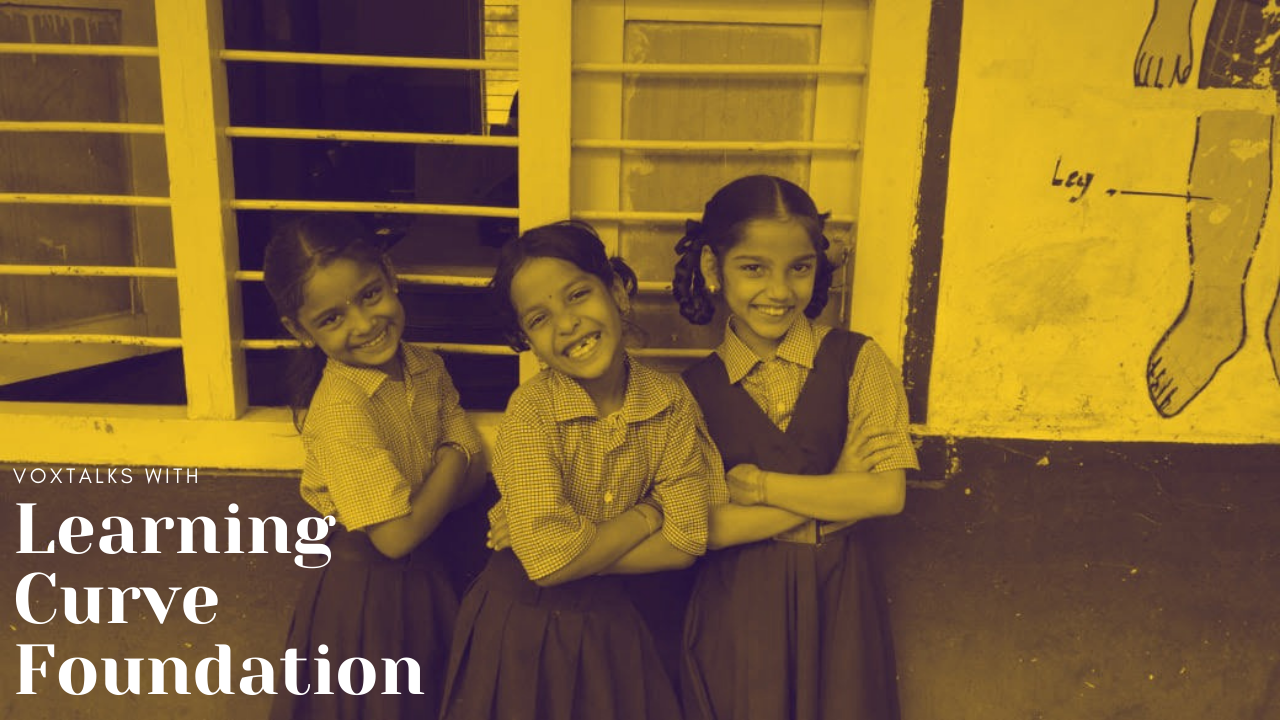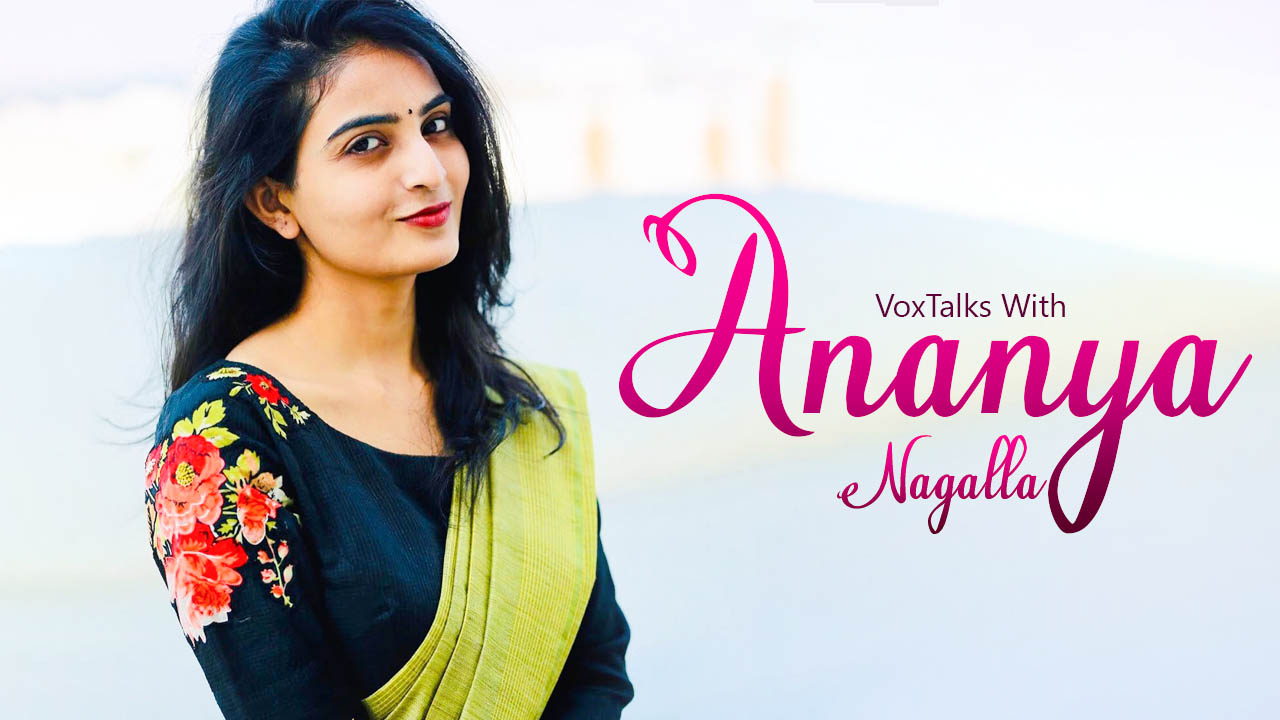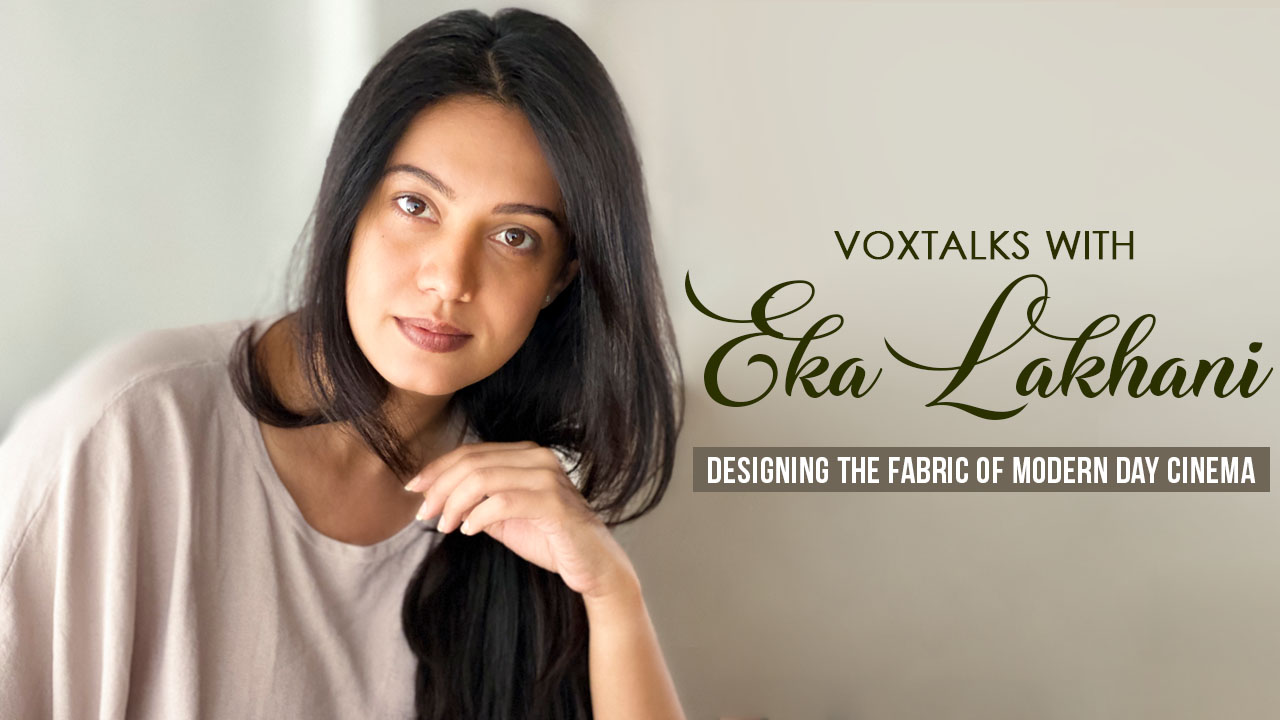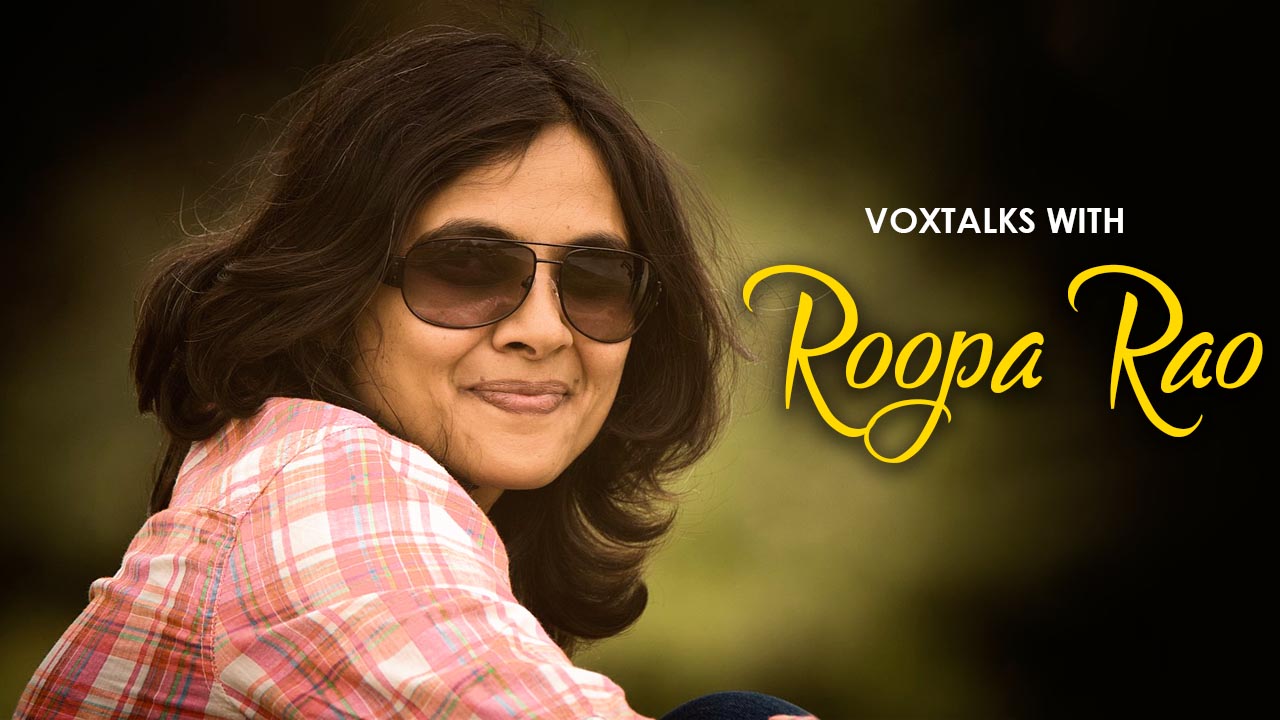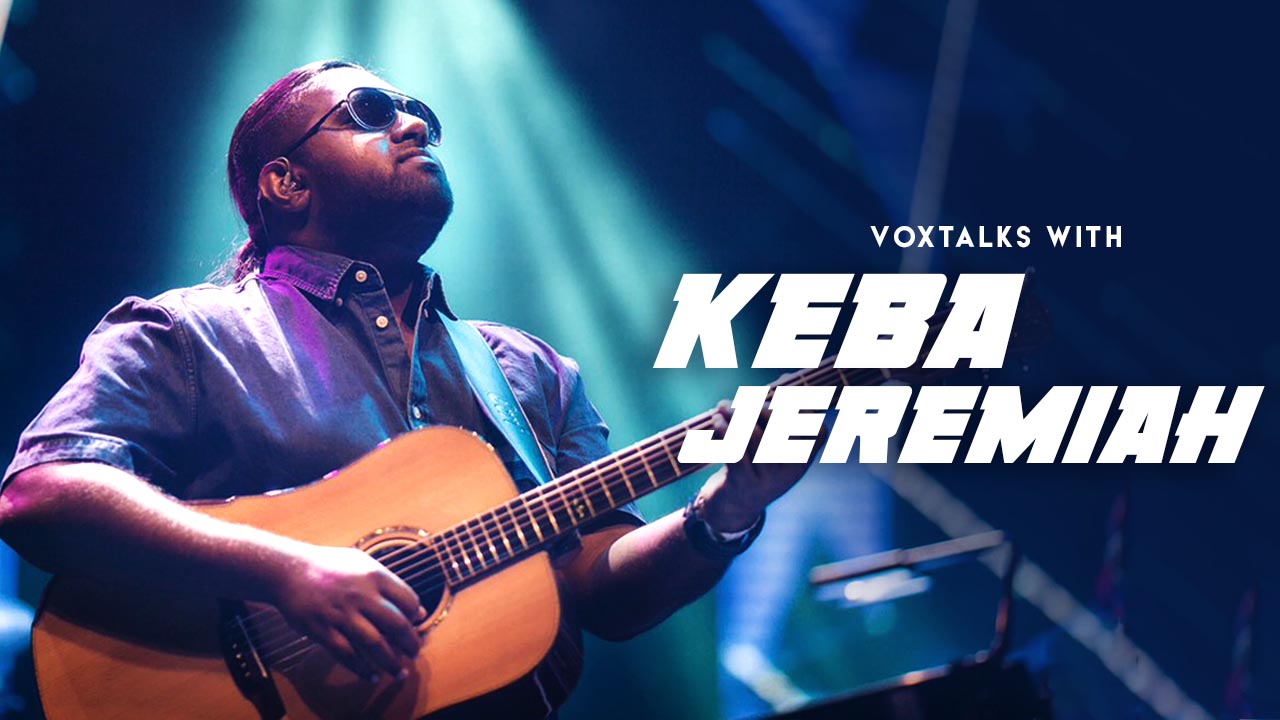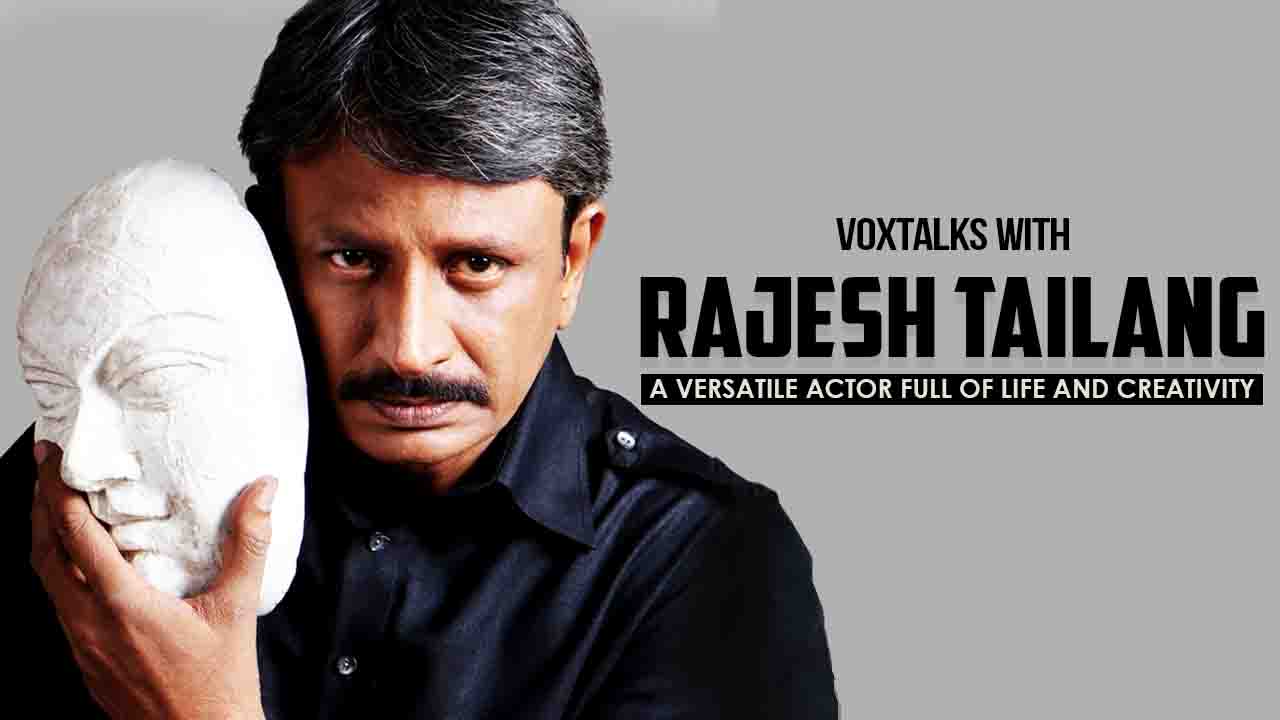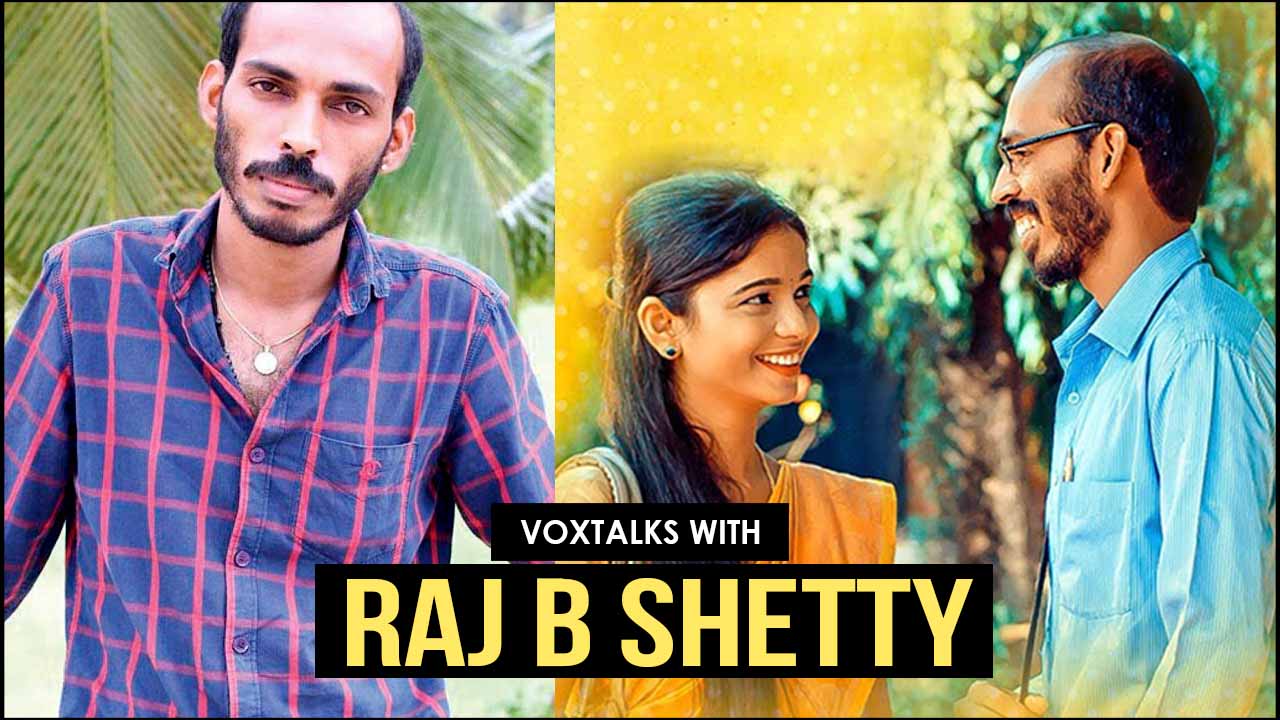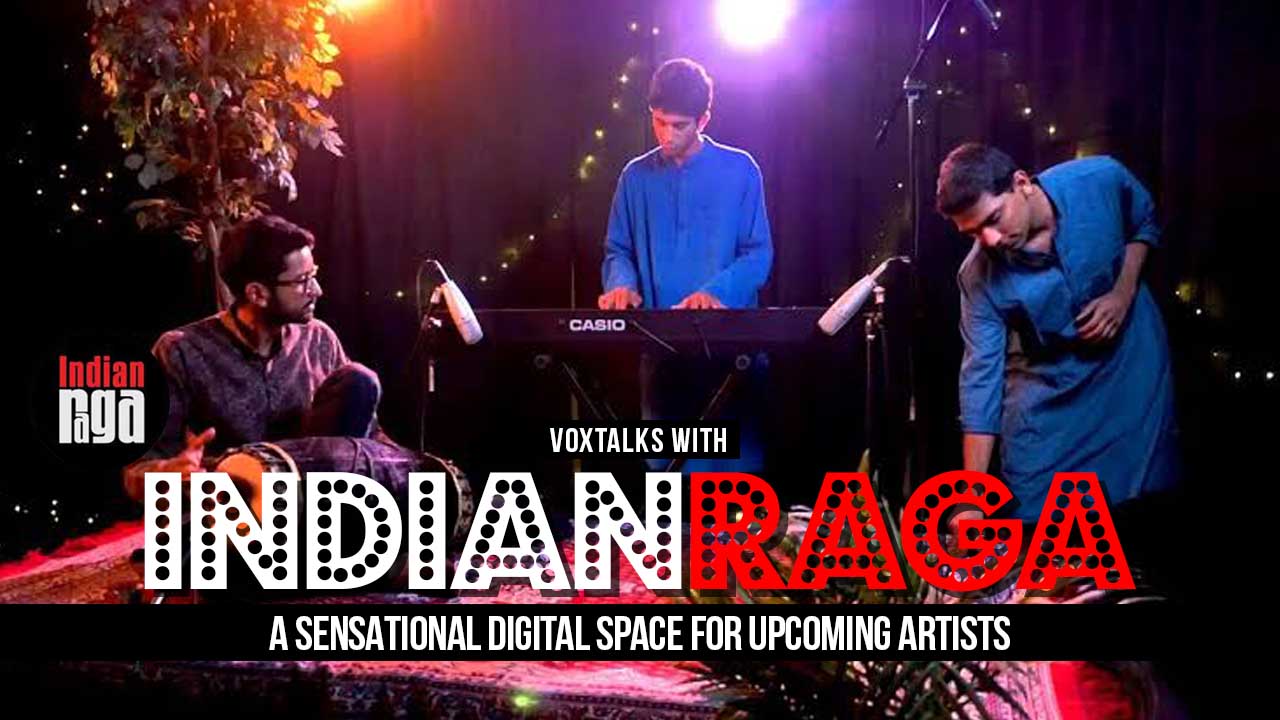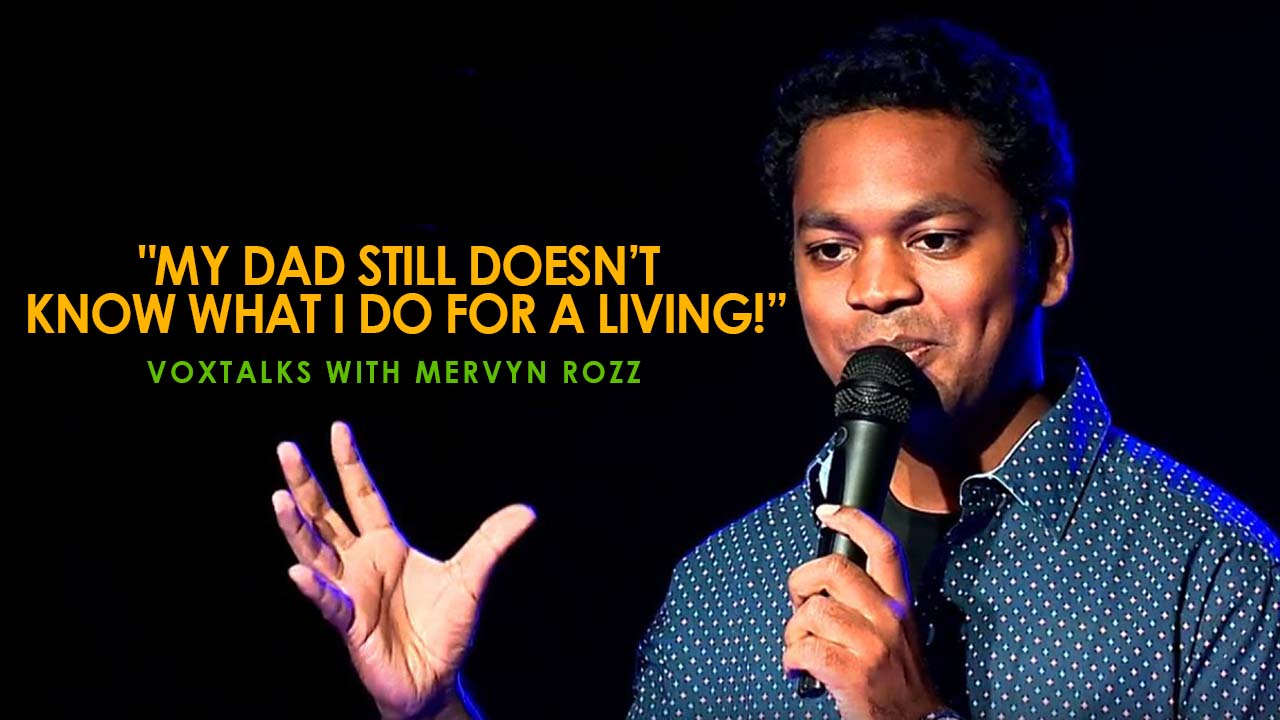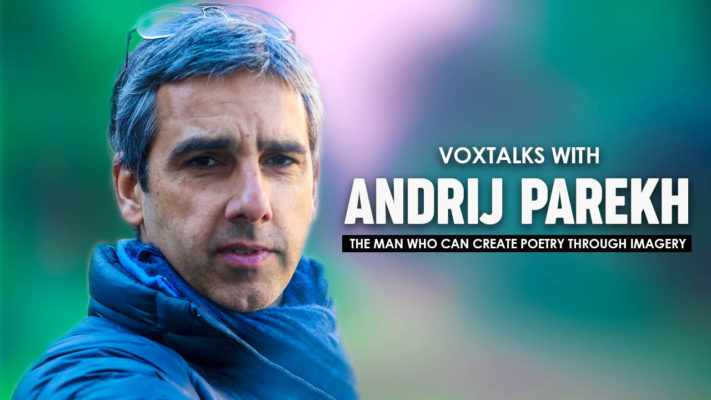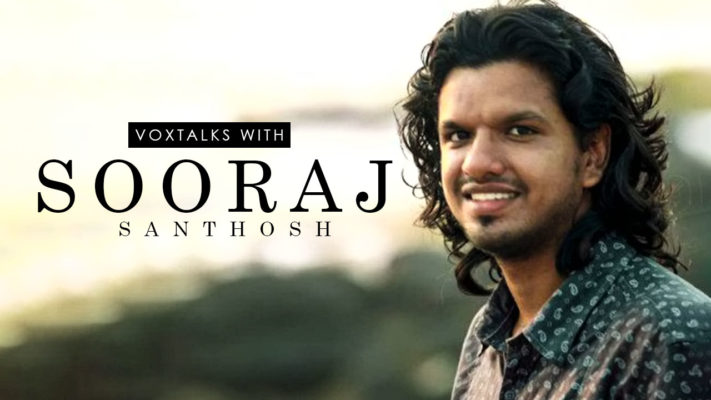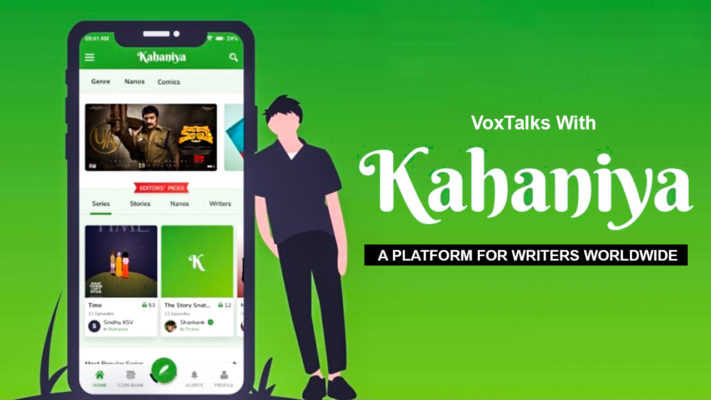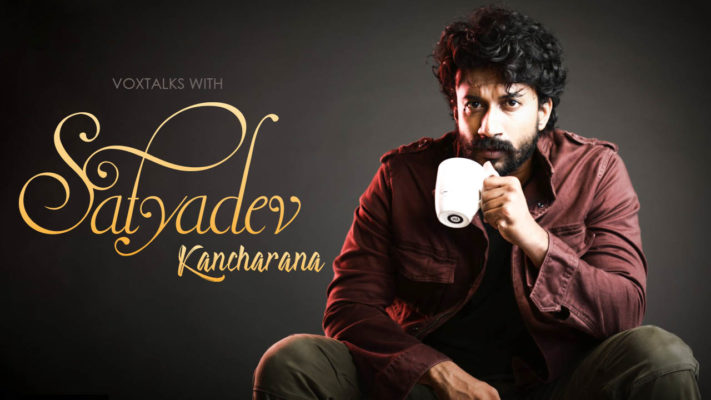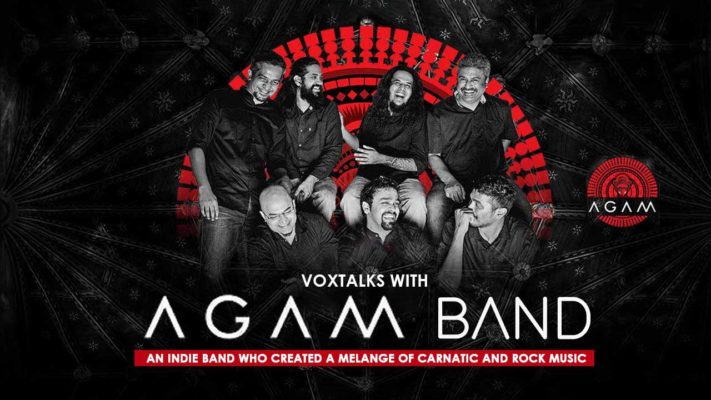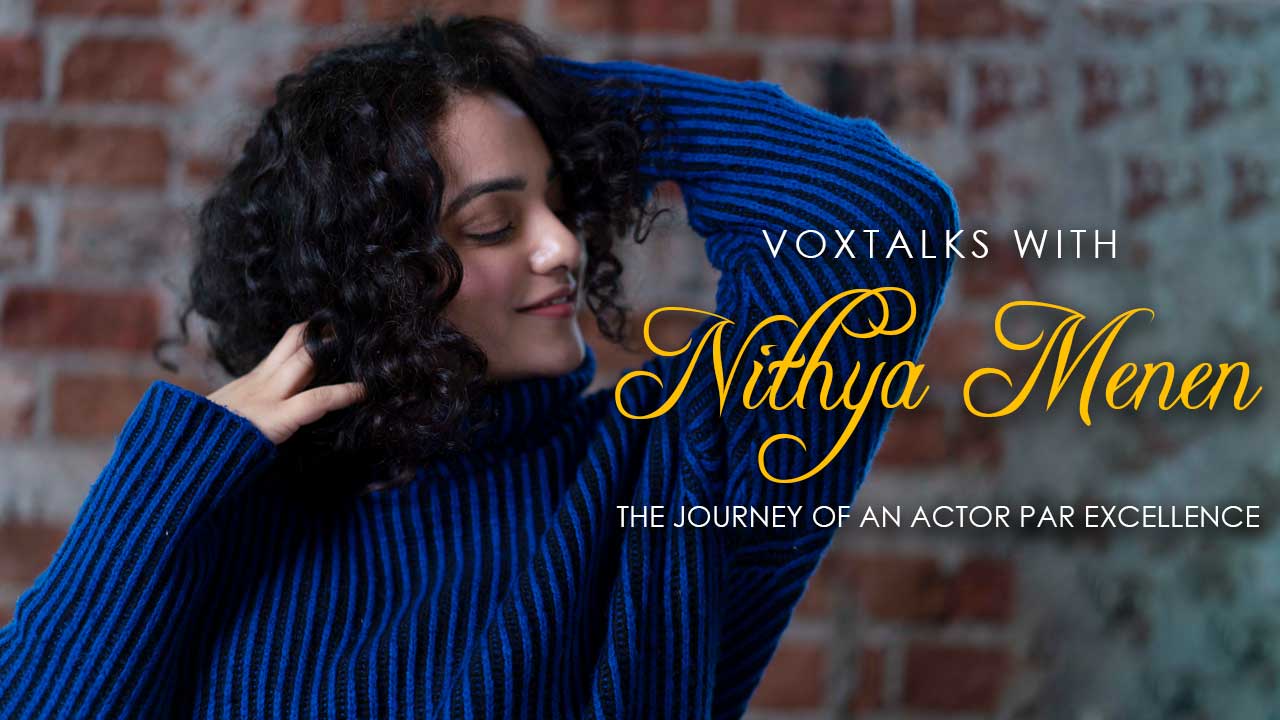
Nithya Menen: An Understanding Of The Naturally Gifted…
A couple of years back, I had the chance to ponder upon and write something about Nithya Menen, on this very platform after watching her movie Awe! (2018) which was running successfully all over at the time. With Awe!, and as with many other movies which preceded that, I had left the theatre wondering as to when Nithya Menen, this incredibly talented actress, would finally get her due. Yes, she’s always been touted as being a great actress on screen, by the critics and audience, alike. Yes, she’s been awarded multiple honors across the industries and if commercial successes are a mark of career achievement, she’s had them too by the bunch. So, what was it, that was making me wonder about her big breakthrough.
It took me months to understand that it was her unhinged natural talent that was the reason for my frustration. She was being bottled up in particularly defined roles, where she on account of her gifted talent, had no such bounds. It was like watching Rohit Sharma, a naturally gifted batsman being asked to play defense. All to say, I felt that perhaps she was being held back.
Months turned to years, and I’d gotten to interact with Nithya Menen herself, and had strung up the courage to ask her if what my analysis of her was somewhere true. But then like any true genius, she remained humbly oblivious to it. She just termed it as a gift she’s received which she intends to use for doing something good. And thus, went our conversations covering almost everything under the sun, and effectively looking back at her fascinating career thus far. The excerpts of our conversations follow…
Upon going through your Wikipedia page, we understand that you’ve been acting from the age of eight as a child actor, debuting in the film ‘The Monkey Who Knew Too Much’, back in 1998. Could you tell us how it got about happening? Also, we often see that child actors usually prolong their careers taking up multiple roles until they debut themselves as actors per se. In this context, was it a conscious decision on your part to discontinue acting and maybe pursue something else? If thus, what then perhaps nudged you to take up roles later on?
I have a bit of a problem, you know, with the word child actor being used within my career because I never felt like one since I did literally one film to speak of, as a child. And it was more like a random one-off thing that happened. Thus, when people are like – ‘Oh! she’s a good actress because she was a child actor’, I’d say that it wasn’t the case. It happened just once and so it needs to be considered non-definitive. I never really connected to the memory of acting as a child as well. So, it was never an option to take up films as a career because it was just unheard of, in our circles and within our family and all of that. There was no plan for it.
As it so happened, a neighbor of ours just came over one day, saw a picture of mine, and asked my mum if he could take it. And he happened to work in an ad agency at the time. And so, the picture he took, happened to be in the ad agency. At some point, these French filmmakers had come down to make a movie (The Monkey Who Knew Too Much) and they wanted someone to play Tabu’s sister. Initially, they had asked me to play the younger version of Tabu. They felt that I had somewhat similar features to Tabu to play her younger version. But then when they met me, they thought I was more suitable to play her sister which was a slightly larger role. So, as I said, all these things happened as randomly as that.
So, when you ask me if it was a decision to pursue something or discontinue, it was never something that was done on purpose at all. It was not something that was pursued in the first place. We had thought that it would be a one-time thing. And thus, never a plan at all.
You are a gifted actor and a wonderful singer, that much is known to and celebrated by the world. However, not many people know that you are a really good writer, and if our research is true, you took the cinematography course at FTII, Pune (Film and Television Institute of India) as well. Now then, it is imperative given these facts that you’ve had plans of making movies at some point rather than just acting in them. Do you feel different now since you’ve completed more than a decade acting to much acclaim? Also, on this point, which aspect of filmmaking is the closest to your heart and why is that so?
I’m actually glad that you asked me this, because the fact that I did a course at FTII or that I even applied for it, is not true. I wanted to apply, like, I wanted to do a cinematography course, and I was actually preparing for the entrance exam. That’s the truth. And I’ve always said the same, but somehow like some Chinese whispers type of thing, you know, it has turned into something else. And now people think I did a cinematography course which is not true at all. So please write that because I want that to be corrected in Wikipedia and everything (chuckles). I was preparing for the entrance exam, I was planning to write it. And that was my plan. And I was ready to do this and everything when Nandini Reddy came in and crashed all my plans (laughs).
I was giving my final exams for my journalism course at Manipal University, which is when Nandini called me. She asked me to finish my course there, which I was as it is about to anyway. She’d approached me for Ala Modalaindi (2010) and told me it was going to take only a couple of months mostly, and that I could go ahead and give my entrance exam post that. So that’s what I did, I took the project up.
I thought that in two months, I’d be done and then I’ll go and prepare. But then the movie took a year afterward to get released and during the whole time we were shooting constantly. Somehow the doing ‘the cinematography course’ plans just sort of went out the window. I didn’t even go as far as writing the entrance exam. It was a plan. But yeah, it didn’t happen.
As far as making movies is concerned, Yes, I have always had ideas. I have always looked at films very differently. More than maybe what just an actor would look at it as. For a time, I wasn’t very sure if I wanted to stick on to movies until I finally realized that this is a good thing. A good medium to make a difference, you know. As I said, movies were never a plan for me, they sort of just happened to me. In that, I realized that the gifts or the talents given to an artist also were not honed; they were never practiced. They happen very naturally as well.
So, when that happens to you specifically, you know that it’s a gift. It’s not something that you made happen. It does not belong to you, you know. It’s been given for a purpose. Thus, I accepted the whole thought that this is a gift and obviously it needs to be used the right manner. To perhaps make a difference in people’s lives. So that became a purpose for me.
And when that happens, then there is a natural progression towards making films, rather than just acting in them. Because, when you’re just acting then it’s a limited job as you have to just be a part of projects that other people make. But when you start making films, you can sort of give a direction to what you want to do and how you want to tell stories which leave an impact on people. So that is honestly how the whole filmmaking thing came as a consideration.
I used to constantly write since I was a child. I’ve written poetry and such, you know. But I never thought it would become something. The whole ‘filmmaking’ interest within me, came only through a much larger realization that ‘this’ did not just happen accidentally. And so, I thought why not make something positive out of this whole opportunity that was sort of given to me.
Honestly, I have not done anything in films other than acting as of now. Writing for Films or Filmmaking itself is a plan which I have yet to take up. And so, I wouldn’t be able to say which aspect of filmmaking is closest to me because for now, acting is the only thing I’ve done.
Continuing on the above thought, we’ve seen that you have a certain flair and ease in front of the camera, a certain ‘naturalism’ to the way you act, if I may. Would you say that having a grip over different departments of film making help you portray your roles in the way you do?
Having a grip over different departments of film making helps you as an actor? I’d say I don’t think so. Because for me it’s not a method acting that I employ or ‘thought-out’ acting. It is all spontaneous.
There is something very interesting I remember from the very first film I did, Akasha Gopuram (2008), with Mohanlal. I remember that there was no memory of what I did in front of the camera. I had no memory. I was not doing it consciously, you see. There was no thought process at all. The director (K P Kumaran) would talk to me about a lot of things before the shot, and then we would just go for the shot. I realized I had no conscious thought process. It just sort of happened. It was just natural. I was just being there in the moment.
So, when people told me that I did a good job, I had no clue what I had done, because, to me, I had not really done anything. So acting was literally like that.
Thus, to say that, I’m able to act because of ‘this’ or because of ‘that’, is not correct, because it’s nothing that I was doing consciously. Today, so many years later, my acting has become conscious. And I find myself being more conscious, but it was never a conscious effort. So, I don’t think anything really could have helped the process or not. It was just who I was, I was just being myself.
Also, how important is it for you to connect with the roles you play to make them believable? Is there a methodology you apply to understand your roles?
Yes, I have to connect to a role. The whole idea is that I will not do something if I’m not able to believe it myself. I have to make it believable to myself first. And only if I’m able to do that, I take up a role. This will happen only when I connect to a character. And when I’m able to understand that character and also when I’m able to say, ‘Yeah, I get it, I get this’, you know. I need to get what this person is going through. Then only I’ll even say yes to a film. I will never say yes if I don’t understand the emotional journey that the character’s going through?
There is no methodology whatsoever. It has always been spontaneous. I’ve never really prepared for anything before. I’d just go on the set and just be there in that moment. I’ve just known what that character is and been that character. That’s it. So, yeah, no method.
And the toughest role that you had to do in the whole of your career?
The toughest role that I have ever done was in Kanchana 2 (2015) made by Raghava Lawrence. Simply because I just couldn’t connect with that character. If you know, the kind of films that Lawrence makes, they are quite different in their making. The role in the movie was set in a very different space from what I knew. I don’t know that space per se.
Like when you see Dhanush (actor) or Lawrence Master or such, the films and roles they come up with are set in a certain kind of setting that only they are familiar with. Which is why they can connect, and be so authentic thereat since they know the setting in and out. Now, I could not connect to that kind of a role or a person. This is strangely why I said yes because that was the first time that I was told something that I simply could not understand, or I had no idea how to play it.
Usually, when something is narrated to me, I instantaneously know how to play it. But I had no clue how to play this one. And I was like – ‘Oh my God, that’s a first. I guess that’s exciting. I have to do this’. So, I did it. And the reason I say it was challenging is that till then everything was a piece of cake. I just breezed through my work and never once felt nervous, you know. I never once had performance anxiety and anything of that sort. And it had always been easy for me.
Kanchana 2 was the first time that I had to follow Lawrence Master and I had to say – ‘Okay, tell me how to play this’ (chuckles). Because the role was so different; I’d never met someone like that before. So, it was very hard for me because I couldn’t make it authentic or I couldn’t make it real without putting a whole lot of effort. So, that’s the reason I sort of felt that it was one of the most challenging roles I’d played.
You are a Polyglot, and by our count, you can communicate in about six languages. And you are a ‘multi-industry’ success. When you combine these facts it seems to us that knowing a language and being able to communicate in that, becomes a huge advantage in etching a good career graph. Would you agree?
Yes, knowing languages, of course, makes it easier for you. But it’s not like, actors who don’t know a language, don’t work in the industry. We have actors all the time coming from all over the place. Knowing a language works for you; because for an actor the voice, the way you speak, the dubbing, and just knowing the language while you’re acting makes the whole process so much easier. It becomes just a simpler thing to do. You don’t have to memorize a language that you don’t know which in turn makes it a little difficult to act.
Having said that, I mean when I was doing Ala Modalaindi, I didn’t know a word of Telugu. But I could always manage that way. Knowing a language is always a good thing. I don’t know about etching a career graph; I have no clue because I have not done things like that. But I guess, it helps.
What are the few differences that you see in the industries you’ve worked in including Bollywood? Are there any particular do’s and don’ts that you abide by when switching industries?
There are differences, of course, working in different industries. I think working in Hindi was something I enjoyed a lot because there was a lot of professionalism; everything was professional, and people were far easier to work with. They made life easier. Everyone was very friendly. The actors and everybody else were all sorts of very fun-loving. Everybody would eat together, and there was not too much of a hierarchy or things like that between anyone. There was a far more equal, far more professional, far more fun-loving sort of a situation there. So, I truly enjoyed the experience.
You do have slight differences existing between industries, but they are only because of the underlying cultural variances. Apart from that, there are not many when it comes to people or industries as such. And no, I don’t have any do’s or don’ts or anything like that. As I said, I don’t plan things or strategize things so much in my head. I just go for it. I treat it as a part of life; it’s not something you should think about so much, or plan out so much. Switching industries or something, doesn’t even register to me (chuckles).
Only when I’m asked questions by reporters is when I realize that I might be doing something different. You see, to me, work is just work. It’s one entity. Whatever language I’m doing doesn’t matter, because I’m equally comfortable in all the languages, so nothing feels like a big difference to me. I feel like everybody is doing the same work; sometimes it just happens to be in a different language.
In an interview with JFW, we could gather that the roles which ‘let you be as you are’ are something which you like doing. This struck me as an interesting fact. Expanding on that, would you say that owing to your inherent flair in acting, sometimes filmmakers approach you purely with high-performance roles. Is that fact somewhat restraining and restricting as an actor?
Yes, I do constantly get offered roles that are either in the thriller genre or horror or drama; something like that all the time (laughs). So, I’m constantly, you know, listening to scripts which have high energy happening in them; they are either very sad or violent. There’s a lot of that happening. Honestly, not from the perspective of an actor, but the perspective of a film in general, I don’t like to watch films like those.
I rarely watch films that are too sad or in which too much negative stuff is happening. I’m not fond of that. I like comedy. I like romance. I like light films. I like positive films. Basically, I like films which once I watch, they put a smile on my face. Speaking from that perspective, I’m very fond of doing films that will put a smile on people’s faces. I don’t want to do a film as much if it’s just going to make people nervous or make them feel sad by the end of it.
I really like films that are easygoing. By saying ‘let me be what I am’ I’d say that it’s more to do with the mental or emotional state of the characters, which match mine. That ways I’m able to understand them better. Those roles would be something that I’d love to do.
Also if one observes your career through the years, you’ve always taken up roles and projects at your own pace, rather than going into a mad rush? Was it a conscious decision to do so? Looking back do you feel this approach has helped you well sustain your career over the length of it?
As regards to my pace of choosing roles, as I’ve said before, life cannot be led with a plan as such. I don’t think that you should live life like that; making plans and creating strategies, etc. Maybe it works in certain facets of life, but life itself cannot be planned like that and should not be planned like that. I for one never have. So, has it worked for me or has it not worked for me, is not an important question. I think what has happened is I’ve just been myself and given in to what my state of mind was at that time.
For a very long time, my state of mind was that – ‘I don’t want to do this; I am going to do something different’. And so I operated from that state. I didn’t have any great want to do something specifically. Unless something truly impressed me, I never did it. So, it all depends on just my state at that time. Today, however, I feel like – ‘You know what, films are a beautiful space to be in. I want to do something here which is meaningful’. And so now, when I do have that thought, I will approach my career differently. I will do different kinds of things.
No matter what, of course, there is a core to me which remains always unaltered. And that core is always the sensibility that I’ve always had. So, I will never do something just for money or whatever. I’ll just do it only if somewhere I connect with it. In the heart of my hearts, I am an artist. And that’s not something you gain or something that you hone; that’s just who you are. That’s your personality, you know.
That personality will never let you do certain things; it will always keep you centered in some way. Hence, no matter what my state of mind was, I always chose a certain thing that I believed in. There was an earnestness in everything I did. There was an earnestness in the decisions I made, and that’s why the decisions remained what they were. Again it has nothing to do with making conscious decisions. It was just me being who I was, true to who I was at that moment. And that’s what took me, wherever it took me.
Has it been a good approach or a bad approach? I don’t know. There are things that I’ve regretted. But the approach has always helped me. I’ve learned from things I regret, a lot. I’ve grown as a person. That’s how I see it. My decisions have always been heart-driven; not so much mind driven. And I’m damn glad that, that’s how I’ve lived my life.
Having said that, what do you look for in a role before agreeing for a project?
What do I look for in a role? There are really no pointers, you know. It’s just a feeling you get; It’s an instinct. You just hear something and it just feels right. It feels nice. And you just agree to do it. People have asked me and I’ve given answers before, only because I’m being forced to answer that. I think –‘Oh, what is it? Yeah, maybe I do think about this. I do think about that etc’. But nothing much like that.
Basically, I look at the person who’s come to talk to me, and I look at what is driving them to make this film. As I said, I look for that earnestness when someone approaches with a script. Of course, there are films of mine that haven’t worked, but when I saw earnestness in the person who wanted to make it, I’ve agreed. Today I’ve learned to see, beyond just the earnestness. I’ve learned to see if the person really looks like he’s capable of making the film that he says he wants to make. Having said this, at the end of the day it’s just a feeling which makes you want to do it or don’t.
This year seems an interesting turn in your career what with your first foray into the OTT platforms with the upcoming Amazon Prime show ‘Breathe’. In the current situation, how do you predict the OTT market to evolve in terms of importing established talents from the film industry? How has the experience been for you and what is the contrast that you see between working for a film project when compared to an OTT project?
My experience with the OTT has been fantastic. I loved it because it was so unique, so different. I felt so at home over there, just the way I always wanted to feel at work. I actually felt that when I was shooting for Amazon Prime’s Breath. I don’t know if it’s just about the people that were involved or whatever. But there was a different sensibility; there was a certain ease for me and that is how I’ve always wanted to feel at work. I guess it was because everyone was in the same space. Everyone was on the same wavelength. You didn’t have to deal with people who were in completely different wavelengths, you know, that becomes very difficult to manage.
Right now, OTT is picking up hugely. However, one thing that I’m a bit skeptical about is that OTTs taking the mainstream cinema way of operations and functioning. That is, just to get mainstream movie sort of revenue, OTTs may try bringing in actors to be in them just to ensure that. Or it could be just to bring in the audience. That’s honestly the way mainstream cinema works. And that’s why mediocre work is done there. I hope that OTT culture will stay true to its content-driven strategies, rather than become too mainstream, you know. That is to say that you have OTTs employ writers, directors, and actors who are truly good in terms of the content and in terms of the talent that they bring to the table. It’s my wish that mediocrity doesn’t creep into OTT platforms as well.
Apart from your projects, we had the chance to understand that you are someone who has been a vocal patron of self-preservation and the nurturing of positive consciousness through your association with Ekam University and PKConsciousness. In this context, specific to the troubling times that the creative industry is facing, what would your conversation be, to those who look to safeguard their optimistic outlook towards their art forms and life in general? What is your philosophy as such, in overcoming personal drastic hurdles and maintain perseverance over the years?
During this time, any issue that you’re facing, unless you’re directly impacted by the sickness itself, are either financial or honestly existential. The trauma that people are going through because of the boredom; unable to handle it, unable to sit at home, the restlessness, all these things are existential crises. These are internal problems.
As regards financial issues, one thing that I think this whole thing should teach everybody is to save. It’s very important to save in a way that if something comes up, you are not put in a position of distress. ‘If my work stops tomorrow, I won’t be able to eat’, is not the correct way to live. You should live within the means that you have always. A lot of times, people tend to live a little bigger than what they can afford, ending up putting money in the wrong places. So, living within the means is important and always save.
Today, a pandemic tomorrow something else who knows, but you should always be financially stable. You should save up enough to be able to sustain two months or three months at the least. And it is a practice that can very much be done, no matter what level of economic strata you are in.
Coming to the existential crisis. That is a very internal thing. Since you mentioned Oneness, the term itself is about focusing on the internal state. It’s about recognizing what is your state? What is there inside? The idea is to resolve it. For me, right now, staying at home for two months, literally, there’s nothing to it. Boredom is something I’ve never felt in my life and I don’t think I’ll ever feel it. When you’re constantly evolving and growing, you cannot be bored. It’s the stagnation that makes you feel bored. Another thing is something will come up when you’re not distracting yourself. People like to distract themselves from what is going through in them, internally. We keep burying our internal state of mind with work and more work. If not that, we’ll come back and put on the TV, and try to get away from speaking to ourselves.
So, this what has happened now. Because of COVID, people have been forced to not have distractions and they’re forced to be with themselves and they’re not able to handle it. All of these difficult things from inside are kind of surfacing and only the bravest of people will be able to face what is surfacing, you know. To look at it positively, a lot of people will be having a lot of internal growth at this time. Evolving as human beings to the best versions.
So, I would say make this time, a time for growth. If something is coming up, let it come up. Watch what’s coming up from within. Identify emotions. Just watch them. See what’s happening. Just pay attention to your inner world, pay attention to what your ‘self’ is trying to tell you instead of feeling frustrated or angry at what is emerging to the surface.
See it as the truth. It is there, whether you like it or not. Better to just resolve it. Work on yourselves, work on what’s bothering you; these are things that cannot be done outwardly. This has to be done internally. So, this is something that is discussed heavily at Oneness University. People need to work on their internal world. So, if you put in a little bit of work, I think this can turn out to be a very positive period. Growth is never easy. It may not always be a fun process, but it needs to be done. Don’t try to resist what’s happening to you. Accepting is the first step to resolving, you see.
You’ve worked with prolific directors across the board over your career, and so we thought it’s only logical to know how it was working with them, who have had a marked impact in the trajectory of your career and the one thing you’ve learned from them…
All of the films that you’ve mentioned (to follow); they’ve all contributed in some way my career and life in general. They’ve brought different aspects to my career and added the colorful varieties to it. So, in that sense, of course, all of them seem especially important, in the trajectory of my career.
Mani Ratnam (OK Kanmani)
Working with Mani Ratnam sir, was pretty much like working under a strict Principal (chuckles). You couldn’t just be yourself or just flit around or so on. The set atmosphere was always maintained to be a little strict. There were very early morning shoots for the film. PC Sreeram sir loves to shoot dawns and dusks. I think Mani sir likes them too.
So, everyone had to wake up at two in the morning and be ready for the shoot. I remember once we were on the road by four-thirty in the morning, waiting for the sun to rise. Just when the sun was rising, they wanted that shot. So yeah, it was like that. When you see Mani sir otherwise, he’s very chilled out, you know. But then when we were shooting, it was pretty much like, you didn’t have much of a say in anything (chuckles).
Santosh Sivan (Urumi)
Santosh Sivan (breaks into a burst of laughter) was the complete opposite of Mani sir. I remember that he rarely told me what was going on in the scene. He’s an eccentric genius, you know? So he just walked up to me and the first scene that I shot, was a scene of me (in Urumi) on a palanquin. And, he just came up to me and he said – ‘Oh, you’re sitting like this’ and he literally explained the body position he wanted. He repeatedly asked me to be myself and just left. I had no idea what was happening in this scene. Suddenly when Prabhu Deva (actor) jumped up and came close to me, I had no idea that was happening. So, it was very haywire.
He did very little directing, you know, in terms of the actors. I remember that song Chimmi Chimmi song, there was no choreographer. Of course, Prabhu Deva was right there, so I guess we didn’t need one. But still, I wasn’t even told what to do. They just like went for it. It was just like, half the time I was just going with the flow. I had no idea what was happening. He has this very eccentric sort of energy; I used to always feel like he’s like a ball bouncing you know, just bouncing all over the place. So that’s how he was.
Nandini Reddy (Ala Modalaindi)
Nandini and I were very close friends, slightly before we even started shoot (for Ala Modalaindi) from when she’d started calling me about the film. You know, we were talking a lot, and we just hit it off very quickly. I was so young and very open with everyone, you know. And she was a woman, and so I would tell her everything that’s going on. At that time in my life, I was also going through some personal stuff and she was there for me. She was like my best friend. She was just more than a director.
Ala Modalaindi was an experience that cannot be forgotten because it was just a big group of friends. Like every day, after the shoot, we would go to have Irani chai or something. We’d get something to eat and chill there. We were all like a group of friends and I somehow became a part of that group. Nandini had also shaped a lot of Ala Modalaindi after she met me; she shaped a lot of my character in the film. She couldn’t even name me anything else because she said – ‘This is so you, I’ll not be able to call you anything else. I’m just gonna call you Nithya. Because it is you!’.
So, a lot of things that I did in real life, she added into the film when she found them to be funny and interesting. It was pretty much like that. And it was great fun. I loved shooting that film.
Anjali Menon (Bangalore Days)
Anjali Menon and I, get along very well as well. We were very good friends. And Anjali has a very different kind of directing. I remember when we shot Kerala Café (for a segment of an anthology), she said to me – ‘I’ve just asked the cinematographer to change the lighting a little bit because you look too pretty’ (chuckles). She said – ‘I don’t want your looks to take away from the character and your performance. So, I’m just going to change it a little bit and make you look a little plainer, and not so striking’. I think she’s a very, very beautiful filmmaker, and I love working with her. I feel like myself around her, you know. So, I’m very natural when I’m working around with her.
Vikram Kumar (Ishq)
Vikram Kumar is such a good narrator. I’ve rarely heard someone narrate as well as Vikram. He will make you see the entire film like, just by the way he explains. The very first time he narrated Ishq (2011) to me, I think it was his narration, which made me so impressed. I could see the whole film visually, you see. Already, when a narration happens, I see everything visually, but he’s such a good storyteller. You know, he just does a really good job at it.
Atlee (Mersal)
Mersal (2017) was quite a different film from what I had ever done before. But Atlee was always so fond of the character I played. And he said that the emotional crux of the film lies in that character. Back then, I used to be extremely unapproachable at one point; like nobody knew what my number was, I would change it every six months, you know, so that nobody gets it (laughs). Wrong thing to do career-wise, but yeah.
Atlee said that he wanted me to be a part of Raja Rani (2013) but he just couldn’t get through to me. And finally, when this happened (Mersal), he told me that he’d been looking forward to working with me for such a long time. Again, as a person, I got along with him well. The character was so beautiful. It brought out so much beauty in the film, it was so emotional, and Atlee was so fond of that. So that was fun. Atlee was so respectful and so happy to work with me and everything, that it just became truly fun. You know, he would enjoy every scene we did.
Prasanth Varma (Awe!)
The first time I met Prashant Varma, I really liked him. I thought like, at least here is someone who has the guts to do something different, and who wants to do something different! I think it would really be beautiful if Telugu films take a different course, and people try more experimental things and make brave films. And so I thought Prasanth was being very, very brave to take that step and do a film like, Awe! (2018).
Even the other scripts that he’s told me, I’ve heard a few others; they’re all slightly different in their genre. As much as the scripts are like that, you know, he is just such a calm and nice guy. It’s just easy working with him. I love working with him. I once told him – ‘You know what, if it’s you, I don’t even need a narration. You just come and tell me you which role you want me to do and I’ll do it’ because I trust him that much. I trust his intention. We can never tell how a film will go. But I trust his intention and his intention is in the right place.
Mysskin (Psycho)
Mysskin is one of the people who personally am so fond of and who I think as a director, is one of the best I’ve worked with. He’s truly different. He is one person who juts stands out in my career. He is a fantastic director, and he’s a very unique kind of person. I rarely judge people. I always get along with everybody. And Mysskin is like a child. He’s like a baby. He’s pure at heart and everything, you know, but he wants to be a rebel (laughs). He loves to give out the impression that he’s very difficult to know, but he’s not. He’s a very simple and easy person.
I remember the kind of resources we had for Psycho and the way we were working all night for that particular scene where Uday (Udhayanidhi Stalin) and I, are driving in the car at night. It was just pitch dark and there were very few people, and we could hardly see anything. I didn’t know what was happening or was it coming out well or not. But at the end of the day, Mysskin had a vision and that’s what a good director has. They always know. They have their eyes in the right place and they know what’s going on. And when you finally see the film, you feel like ‘Oh my God! look at that. That’s beautiful’. So, he is somebody who’s very, very unique. He stands out for me.
Wrapping up the interview, what would your advice be for the new entrants in the industry who wish to pursue acting as a profession? Would your answer differ for someone who would want to pursue direction and writing as a career path?
My advice for anyone entering into any field of work would be – ‘Please, do it only if you’re really good at that work because you have a responsibility towards this life and this world. And that responsibility is to ensure that you don’t put out there, substandard work’.
You see, when someone is not good at their job, it has a huge butterfly effect on the whole world. Let’s say a writer or a director or an actor is not good, then he just makes bad films. And so that impacts an entire art form. It then impacts people, you know. So, do something only if you’re truly good at it.
Let your focus always be on doing something good for the profession itself. That should be the driving force. Your drive shouldn’t be that you gain something monetarily or in terms of improving your importance in this world or something like that. But let it be that you intend to contribute something of value and meaning to that particular profession.
Also, be fearless. Don’t be afraid. Be confident once you know that you are good at something. Don’t go too much by what other people are saying around you. Because one of the things I’ve learned, today, is that a lot of people around me were very, very wrong in their point of view back in the day. Most people have their personal opinions according to their own beliefs, which may not work for you. So, don’t take too much advice from too many people. Go with your heart and what it tells you. That’s it.
Thus, my conversations with Nithya Menen went on. And I remain glad that I bunked my Zoology lab session back in my college, to go watch ‘Ala Modalaindi’. Ironically, that’s how it started (my fascination with movies and natural talents existing in it) and that made all the difference.

